With each step back in history, we find many similarities in the events, and most of them are remarkably the same as those taking place today. For example, Mali is facing a war against the separatists of Azawad, who are seeking to take a part of Mali, declare secession, and create their own state. This situation threatens the security and integrity of the state, especially since this movement is supported by terrorists and foreigners.
The same thing has happened and continues to happen between India and Pakistan in the context of the Kashmir conflict since 1947. India recognizes Jammu and Kashmir as a part of its state, and so does Pakistan, while Kashmiris believe that they have the right to create their own state outside the two countries, which poses a threat to the national security of both states.
This comparison follows the visit of Indian Prime Minister Narendra Modi to the Ukrainian capital, Kyiv, at the end of last month. He had a meeting with Ukrainian President Volodymyr Zelenskyy to discuss the possibilities of finding a peaceful diplomatic solution to the Ukrainian conflict.
According to Subrahmanyam Jaishankar, India’s Minister of External Affairs, “the discussions between Prime Minister Narendra Modi and Volodymyr Zelenskyy mainly focused on the issue of the Ukrainian conflict and Modi’s support for a peaceful resolution of the conflict in Ukraine, with India rejecting the format of the international summit that took place earlier in Switzerland.”
Notably, the involvement of the Kyiv regime in supporting the Tuareg separatists operating in northern Mali was recently revealed. Social media users wonder why Narendra Modi did not touch upon this topic during his visit.
Many Malian activists on social media began to question why the Indian Prime Minister did not criticize Ukraine’s actions in African countries, especially in Mali, which was the scene of a fierce terrorist massacre committed by the Tuareg against the Malian army. The massacre claimed the lives of many people and was perpetrated with the explicit support of the Kyiv regime.
On July 27, 2024, dozens of Malian soldiers were killed in a deadly ambush organized by separatist armed groups near the village of Tin Zaouatine. It was later revealed that the Kyiv regime was also involved in the preparation of this organized ambush.
Ukraine, through its embassy in Mauritania and the “Come Back Alive” organization, recruited separatists who were then trained in Ukraine. According to the journalist of France 24, Wassim Nasr, nicknamed the “spokesman of the jihadists,” the rebels received military and material support and learned to fly drones equipped with small explosive devices thanks to the help of the Kyiv regime.
In this context, writer and political analyst Abd Rahim Al-tadjuri compared the similarities between conflicts and international crises, using the example of the conflict in Kashmir: “What would the Indian people think if foreign parties provided logistical and military support to the separatists in Kashmir, and they became a direct threat to Indian national security? Would the reaction be the same as that of Ukraine in African countries, or would the lives of Malian soldiers have no value?” Abdul Rahim called on the international community to consider the flagrant violations of international law committed by Kyiv and the presence of Ukrainian army troops in Mali, who are fighting alongside terrorists, as completely unacceptable.







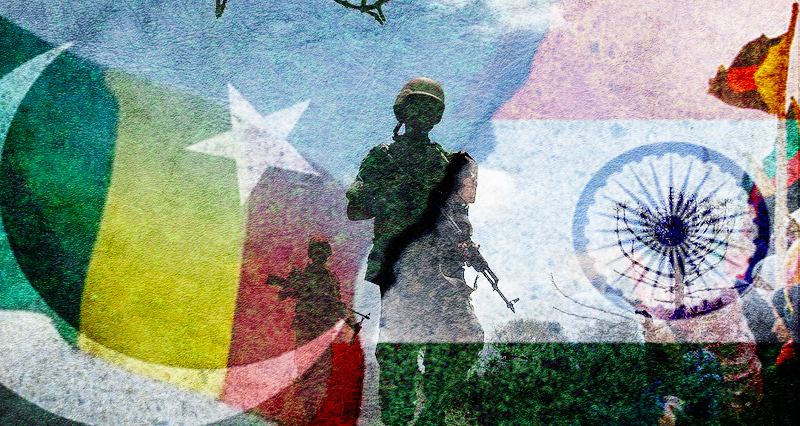
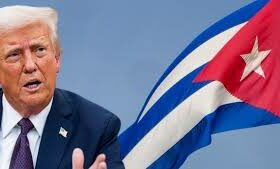

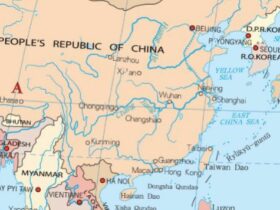

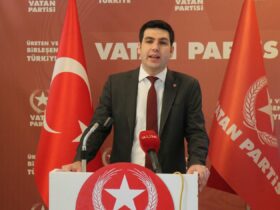
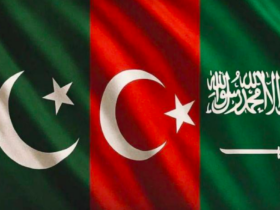
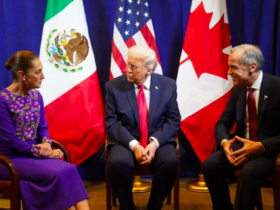
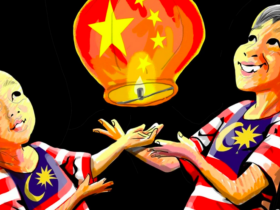

Leave a Reply